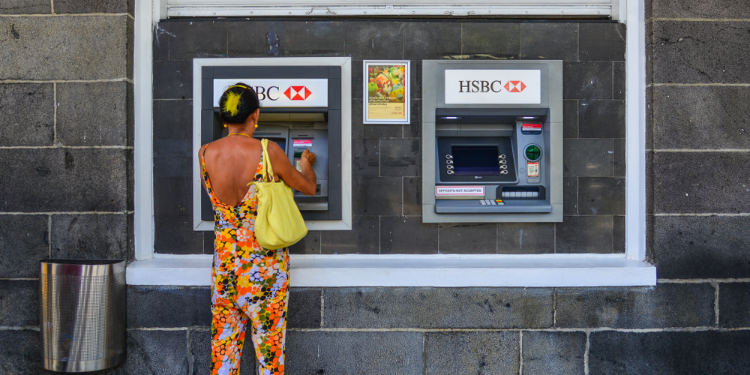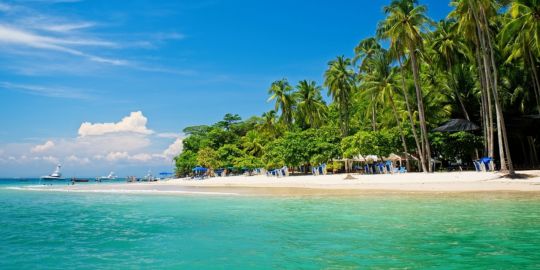As an International Mobility advisor, how has demand for expatriation projects evolved since the crisis?
Surprisingly, we still have a fairly large flow of applicants who want to try their luck internationally. The number may have slowed down a little bit, aware of the difficulties that await them, but the candidates who are particularly familiar with expatriation are keeping their faith. They also know that such a project takes time, that a Visa is not a trivial administrative procedure, and as the follow-up that we offer them is for a period of 12 months, they can legitimately hope that the situation will have changed by then. Moreover, researching internationally does not imply that one refrains from also prospecting in their own country.
What could scare people off the expatriation adventure?
I cannot deny that many candidates are wondering about the prospects of looking internationally when the borders are currently closed and there is nothing to suggest that the situation will change in the coming weeks, or even before 2021. This certainly means some of them will think twice before even considering moving abroad. Social pressure, the prospect of no longer having unemployment benefits, and the already severe competition in their home countries are leading them to adapt their strategy and prioritize employment at all costs, even at the cost of their expatriation dreams.
The major change that I currently see comes from the candidates, followed by our teams, who were already aware of the pitfalls and the challenge that the fact of moving abroad represented for them. Their doubts only increased during the lockdown but with the glimmer of hope that in September everything would be back to normal. However, successive news announcing the extension of border closures, from east to west, south or north, got the better of their determination, which was already well under way. Hence in recent days many changes of course and reorientation towards employment in France.
What factors will weigh more in the balance when considering expatriation?
For a certain number of candidates determined to emigrate, the choice which is essential today is that of proximity. For example, for candidates in France, Europe still offers a secure environment, often close to France & to the family, without the need for Visa, in which the free movement of workers remains facilitated, in particular by the action of advisers and mobility aids offered by the European Union. The stories of expatriates or students stranded in Australia or Latin America, for example, have remained engraved in the minds of many budding expats, who today favor more “safe”, less exotic, more reassuring destinations for the candidate and their family.
What will become priorities for expatriation projects after the crisis?
Candidates for expatriation, in the light of this crisis, have become aware of the importance of solidarity and of the institutions which represent and possibly protect them, such as the services of embassies (hence the need to register in the Consulate register on arrival), the Ministry of Foreign Affairs without forgetting the multiple initiatives that have flourished to help, provide information, support an unexpected return home..
You specialize in Vietnam, Malaysia and French Polynesia. How is the popularity of these destinations likely to change after the COVID-19 crisis?
Hard to say. South East Asia still has enormous potential. I remember that the day after the lockdown period, an analysis by CEOWORLD indicated that Malaysia was one of the countries to be counted on (and to invest in) in the post-COVID world ("10 best countries to invest in post-COVID ”), while Vietnam was named“ best ASEAN economy in 2020 ”. Oceania, for its part, enjoys a "dream capital" which is not about to run out despite the heavy price it is paying today due to the collapse of the tourism industry.
However, this crisis has already surprised us in many ways and economics is a very haphazard science, so I wouldn't venture to predict the post-COVID and its consequences for the job market.
How do you see the labor market for expats in these destinations? And elsewhere in the world?
I believe that the COVID crisis is not going to radically change the type of profiles generally sought after internationally, even if each country has its niches, its specificities.. These are very specialized candidates, in IT and e-commerce, the medical field, engineering, business development in particular. These experts are also endowed with human capital which makes them attractive on the international market: able to adapt in a multicultural environment, they are innovative, generally bilingual and very autonomous. This in no way prevents other professionals, not necessarily with a Masters or a prestigious diploma, from doing their job, as is the case with cooks, bakers, sommeliers and other technicians with a specialization (in aquaculture, logistics etc.).
















